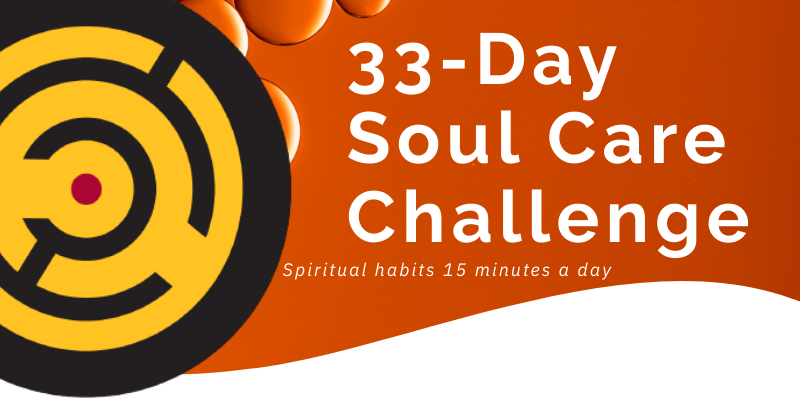In the ninth month of the Jewish year, Nehemiah, an exiled Jew serving as an aid to the king of Babylon, is visited by his brother and friends, who share about the conditions back in Jerusalem.
1 3 They told me, “The exile survivors who are left there in the province are in bad shape. Conditions are appalling. The wall of Jerusalem is still rubble; the city gates are still cinders.”
4 When I heard this, I sat down and wept. I mourned for days, fasting and praying before the God-of-Heaven.
5-6 I said, “God, God-of-Heaven, the great and awesome God, loyal to his covenant and faithful to those who love him and obey his commands: Look at me, listen to me. Pay attention to this prayer of your servant that I’m praying day and night in intercession for your servants, the People of Israel, confessing the sins of the People of Israel. And I’m including myself, I and my ancestors, among those who have sinned against you.
7-9 “We’ve treated you like dirt: We haven’t done what you told us, haven’t followed your commands, and haven’t respected the decisions you gave to Moses your servant . . .
Four months later, Nehemiah is still processing his grief.
2 1-2 It was the month of Nisan in the twentieth year of Artaxerxes the king. At the hour for serving wine I brought it in and gave it to the king. I had never been sad in his presence before, so he asked me, “Why the long face? You’re not sick are you? Or are you depressed?”
—Nehemiah 1:3-9a; 2:1-2 (The Message)
Four months, repentant, prayerful, and depressed to the point of feeling sick. And now it was time to take a risk and do something about it. (You can read it in Nehemiah chapter 2).
